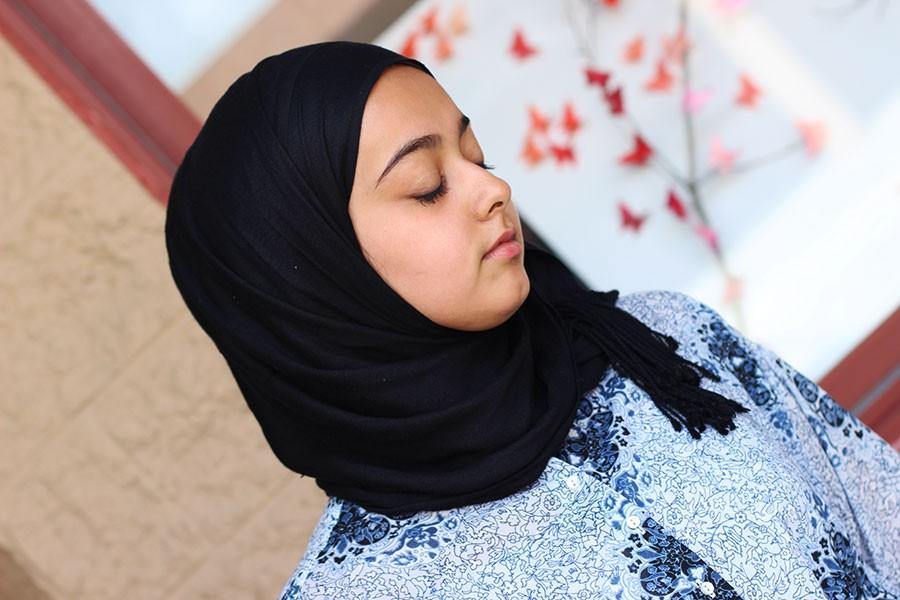UNIQLO LAUNCHES HIJABI-FRIENDLY CLOTHING LINE
Uniqlo is releasing a new line of clothing specially designed for Muslim women.
April 13, 2016
Many Muslim girls, specifically ones that wear the hijab, or traditional Islamic headscarf, across America and other non-Islamic countries often struggle with finding clothes that adhere to their modest style of dress. Luckily for them, the popular Japanese brand Uniqlo has launched a clothing line geared toward providing Muslim girls with fashionable outfits and hijabs.
Uniqlo has partnered with UK-based Muslim designer Hana Tajima to create a line compiled of headscarves, boyfriend jeans and maxi dresses. The line was launched last year in Southeast Asia and has just arrived to the United States.
Sophomore and member of SHS Muslim Student Association Masuma Somji says, “It is important that everyone has the ability to express themselves in the way they dress, and Muslim girls are no different. Living in the Western world in such a hypersexualized society, it is often difficult for Muslim girls to find clothes, and having a popular brand embrace modesty is really refreshing.”
However, the collection is not solely for Muslim and hijab-wearing women, as Tajima comments that the clothes she presents are for any girl who wants to express herself through fashion.
In addition to being an all-inclusive line, the Uniqlo x Hana Tajima project also opens doors for diversity in the fashion and modeling industry. For example, Malaysian-Muslim singer, Yuna, is featured in the campaign, along with several other Muslim and non-Muslim models from different ethnic backgrounds.
Junior Duaa Malik says, “As society becomes more inclusive of people of diverse backgrounds, it is important that the fashion industry does, as well. Often major clothing companies don’t have very diverse models representing their campaign, which can be disheartening to many young girls.”
Tajima also implemented the technique of airism into the collection to accommodate the typical obstacle of hijabis in finding modest clothes that are suitable for summer weather. The new technique utilizes breathable, light fabric that is quick-drying in order to keep the wearer cool in warm weather while staying covered.
Sophomore Sania Shaukat comments, “As a Muslim girl who wears the hijab, I often struggle with finding clothes that are ‘in’ or trendy but still maintain a certain level of modesty. I’m glad that the options are expanding for hijabi girls; it shows [that] the world is evolving.”
Tajima’s Japanese heritage also impacted the design process, as she says she has learned to appreciate different cultures because of her background. Through blending the clothing styles of varied cultures in the line, Tajima says she was able to create a more unique collection, appealing to a variety of people.
The clothing line also serves to empower Muslim women in the United States, since the average American department store does not usually accommodate the clothing styles of hijabi women. By providing trendy, current clothes that are in compliance with Muslim dress code, Tajima opens the fashion world to more possibilities and encompasses a culture into American couture that is not usually represented.
However, Uniqlo is not the first clothing company to reach out to Muslim women. Name brands such as DKNY, Mango, and Dolce & Gabbana have released abaya and hijab collections in the past, sometimes coinciding with the Islamic religious month of Ramadan.
The Uniqlo x Hana Tajima collection aims to provide women, specifically Muslim girls, with unique, fashionable clothing while still upholding their standards of modesty. By doing so, Uniqlo diversifies the fashion industry and embraces people of different backgrounds through a single, cohesive clothing line.























